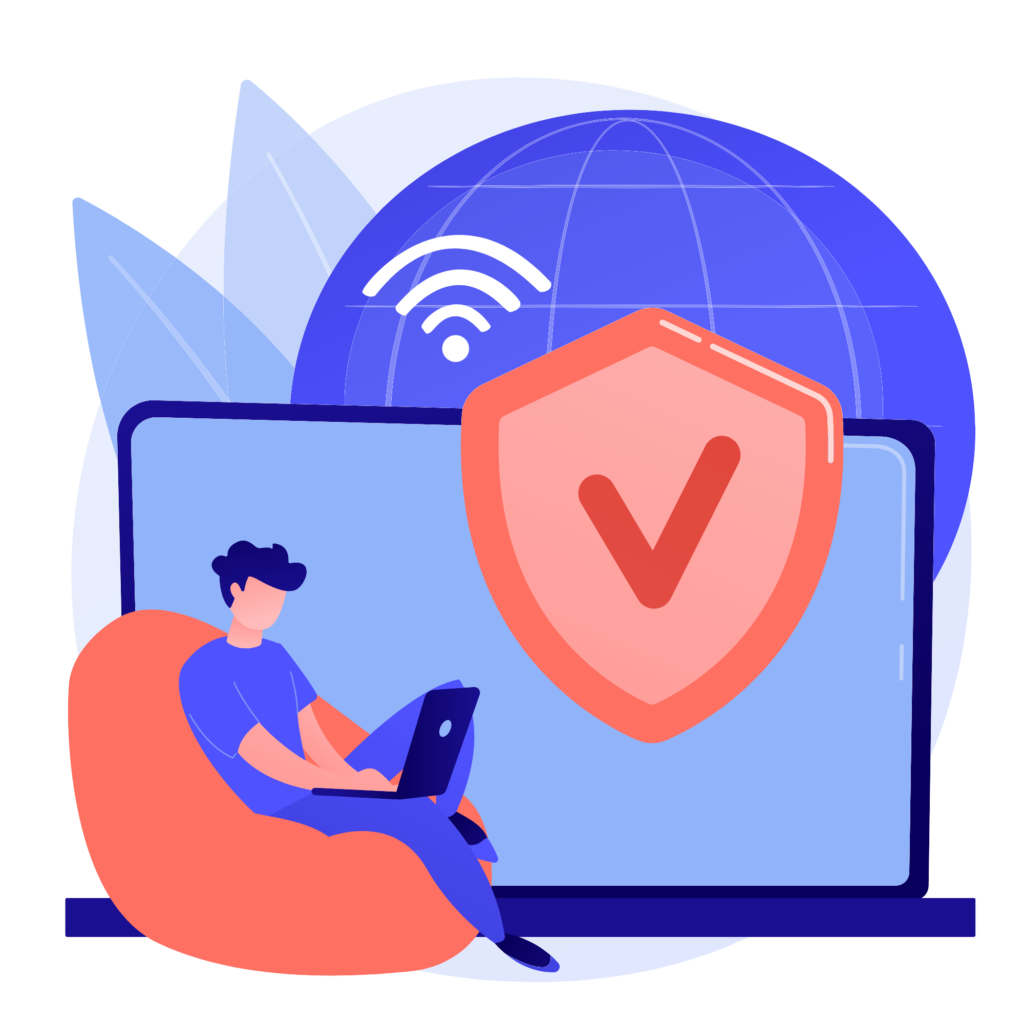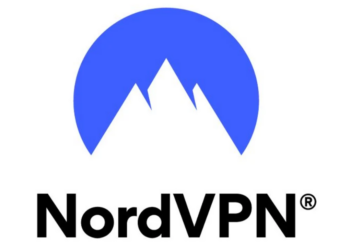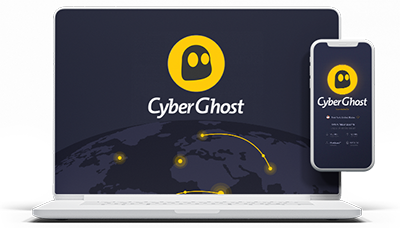Top 10 VPN Services Providers March 2024
Discover the Benefits of TOP 10 VPN: We’ve Tested and Compared the Top Providers
- Keep Your Identity Secure by Hiding Your IP Address
- Encrypt Your Data for Safe Online Banking and More
- Enjoy Access to Blocked Streaming Content from Netflix, Amazon Prime, Disney+, and Others
- Experience Fast Download Speeds, Ideal for HD/4K Streaming
Our selected VPN choices have been showcased on:

01

Available on

- Fastest VPN Service
- Over 6900 Servers in 90+ Countries
- 24/7 Live Chat Support in 4 Languages
- 45-Day Money-Back Guarantee
9,8
4475+ user rating
cyberghostvpn.com

Available on

- Control your private data
- Detect malware during downloads
- Connect up to six devices simultaneously
- 30-day Money-Back Guarantee
9,5
3075+ user rating
nordvpn.com

Available on

- One Account, Unlimited Devices
- Block Ads, Trackers and Malware
- 24/7 Customer Support
- 30-Day Money-Back Guarantee
9,2
2075+ user rating
privateinternetaccess.com
Available on

- Start for Free
- Online Freedom guarantee
- No Log VON Policy
- 30-Day Money-Back Guarantee
9,9
641+ user rating
Available on

- Unlimited devices and bandwidth
- Confirmed no-traffic-logs policy
- Compatibility with Netflix, ESPN+, and more
- 30-Day Money-Back Guarantee
9,5
8475+ user rating
ipvanish.com

Available on

- Works simultaneously on multiple devices
- Excellent download speed
- 100% no-logs policy
- 30-Day Money-Back Guarantee
9,8
4475+ user rating
surfshark.com
Available on

- 50+ Superfast Servers
- Access Geo-Restricted Websites and Content
- 24x7 customer phone support available
- 30-Day Money-Back Guarantee
8,9
4475+ user rating
totalvpn.com
Available on

- Reasonably priced VPN service
- 100% no-logs policy
- Ultra-fast servers in 90+ countries.
- 24/7 Customer support
9,8
4475+ user rating
expressvpn.com
Available on

- Reasonably priced VPN service
- 100% anonymous with a private vpn!
- best VPN solution for torrenting, streaming
- Excellent customer support
9,8
4475+ user rating
privatevpn.com
Available on

- DNS Leak Protection
- Public Wi-Fi Protection
- VPN Kill Switch
- 30-Day Money-Back Guarantee
9,8
4475+ user rating
vyprvpn.com
Editor's Picks for 2024
03

- One account, unlimited devices
- Block ads, Trackers and Malware
- 30-Day Money-Back Guarantee
01
Use CyberGhost VPN for encrypted browsing. Employ strong passwords, update software, use HTTPS, avoid public Wi-Fi, and stay informed about online threats.
- Strong VPN Encryption
- Access our huge network of servers
- Multilingual Customer Support
02

NordVPN employs advanced tech for secure browsing, protecting devices from malware. Decrypting your data would take billions of years.
- Detect malware during downloads.
- Connect up to six devices simultaneously
- Stay safer online with the world’s best VPN.
Key Considerations When Choosing the Right VPN
Caution Regarding Free VPNs Running a VPN service involves significant expenses, including server maintenance, software development, customer support, and advertising. However, these costs are often covered through subscription fees or other revenue streams for reputable providers.
However, it’s important to be wary of “free” VPN services. While they may seem appealing, they often come with hidden costs. Some free VPN providers have been found to compromise user privacy by selling data to third parties, injecting advertisements, or even distributing malware. When considering a VPN, it’s crucial to understand that opting for a free service may mean sacrificing your privacy and security.
Focus on Encryption Strength Encryption is a fundamental aspect of VPN security. It ensures that your data remains private and secure as it travels through the VPN tunnel. Look for VPN services that employ strong encryption protocols, such as AES with a 256-bit key, which is considered industry-standard.
Additionally, consider VPN providers that offer features like Perfect Forward Secrecy, which enhances security by generating unique encryption keys for each session. While some VPNs may offer lower encryption standards, it’s advisable to prioritize those that prioritize robust encryption to safeguard your data effectively.
Prioritize Privacy Protection One of the primary reasons for using a VPN is to enhance privacy and anonymity online. However, not all VPN providers uphold strict privacy policies. Some may retain logs of user activity or share data with third parties, compromising user privacy.
To safeguard your privacy, opt for VPN services that have a proven track record of protecting user data and privacy. Look for providers that undergo independent audits and have transparent privacy policies. By choosing a VPN that prioritizes privacy protection, you can ensure that your online activities remain confidential and secure.
The most frequently asked questions about VPNs
A Virtual Private Network (VPN) is a technology that encrypts your internet connection, providing you with online privacy and security by creating a private network from a public internet connection.
VPNs route your internet traffic through a secure and encrypted tunnel, protecting your data from hackers, ISPs, and other third parties. They also mask your IP address, making it difficult for websites to track your online activities.
VPNs offer several benefits, including enhanced online privacy, protection against cyber threats such as hacking and surveillance, access to geo-restricted content, and the ability to browse the internet anonymously.
Yes, in most countries, using a VPN is legal. However, it’s essential to note that using VPNs for illegal activities, such as engaging in cybercrime, is still prohibited and subject to legal consequences.
Generally, VPNs are safe to use, especially reputable ones that employ strong encryption protocols and have a strict no-logs policy. However, it’s essential to choose a reliable VPN provider to ensure your data privacy and security.
Yes, most VPN providers offer support for multiple devices, including computers, smartphones, tablets, and routers. You can typically use the same VPN account on several devices simultaneously.
While VPNs may slightly reduce your internet speed due to encryption and routing processes, the impact is usually minimal, especially when using high-quality VPN services and connecting to nearby servers.
When selecting a VPN, consider factors such as encryption strength, server locations, logging policy, device compatibility, customer support, and pricing. It’s essential to choose a VPN that aligns with your specific needs and priorities.
While free VPNs exist, they often come with limitations, such as data caps, slower speeds, and fewer server options. Additionally, some free VPNs may compromise your privacy by logging your data or displaying intrusive ads. It’s generally recommended to opt for a reputable paid VPN service for better performance and security.
Setting up and using a VPN is typically straightforward. After choosing a VPN provider and subscribing to their service, you’ll need to download and install their VPN client or app on your device. Then, log in with your credentials, select a server location, and connect to start using the VPN.

